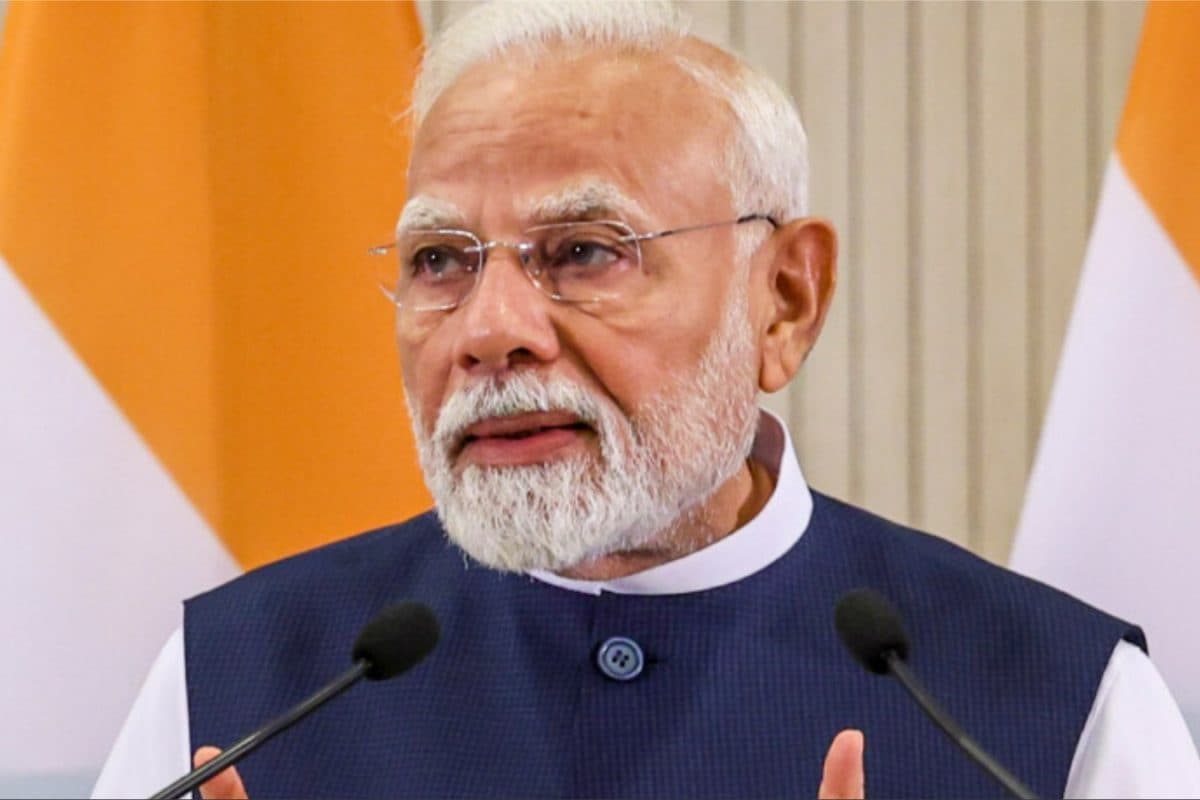

Prime Minister Narendra Modi has recently emphasized the critical role Bihar is poised to play in India's continued rise on the global stage. Speaking at rallies in Bihar, Modi underscored the region's potential and the importance of its contribution to the nation's overall development. Simultaneously, the Prime Minister has taken sharp aim at the Congress and Rashtriya Janata Dal (RJD) coalition, invoking the term "Jungle Raj" to criticize their past governance and highlight the progress achieved under the current administration.
Modi asserted that Bihar, a state with deep historical roots and a vibrant culture, is now on the cusp of a new era. He highlighted the various development projects initiated by his government aimed at improving infrastructure, education, and employment opportunities for the people of Bihar. These initiatives, according to Modi, are designed to unlock the state's full potential and ensure its active participation in India's growth story. He also lauded current Chief Minister Nitish Kumar for his efforts towards the state's progress.
However, Modi did not hold back in his criticism of the Congress and RJD, who have historically held significant political influence in Bihar. He accused them of fostering an environment of lawlessness and corruption during their regimes, which he characterized as "Jungle Raj." This term, laden with negative connotations, is used to evoke images of misgovernance and a breakdown of law and order. Modi argued that the policies and actions of the Congress-RJD combine had hindered Bihar's progress and kept its people from realizing their true potential.
The Prime Minister's remarks carry significant weight, especially with upcoming assembly elections in Bihar. By highlighting the perceived failures of past administrations and contrasting them with the developmental strides made under the current government, Modi is attempting to sway public opinion and consolidate support for his party and its allies. His speeches serve as a reminder of the political battles that have shaped Bihar's trajectory and the choices that lie ahead for its electorate.
Modi's strategy reflects a broader political narrative where the BJP seeks to position itself as a champion of development and good governance, while portraying its opponents as symbols of inefficiency and corruption. This approach is designed to resonate with voters who prioritize economic progress and a stable social order. As Bihar prepares for the upcoming elections, the political discourse is likely to intensify, with all parties vying to present their vision for the state's future.
Furthermore, PM Modi accused the Congress and the RJD of deceiving people belonging to the SC, ST, and OBC communities. He also mentioned that these INDIA bloc constituents are trying to grab power again in Bihar, where assembly elections are due later this year. The Prime Minister's recent visit to Bihar included inaugurating the Jayaprakash Narayan International Airport's new integrated terminal building and addressing a public gathering in Rohtas district. He also launched the Vaishali-Deoria railway line project and a new train service on this route. These actions demonstrate the government's commitment to the state's development.
In conclusion, PM Modi's recent statements regarding Bihar underscore the state's importance in India's growth narrative while simultaneously launching a strong critique against the Congress and RJD. By focusing on development and contrasting it with past governance, Modi aims to influence public perception and shape the political landscape ahead of the crucial assembly elections.